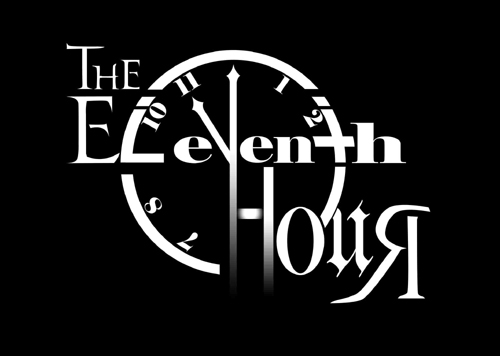最后的关键时刻 the eleventh hour
中国日报网 2013-11-21 16:09

激烈的球赛要到最后一刻才见分晓,艰难的磋商要到最后一刻才见成败,两难的决定通常也到最后一刻才会做出。这种“最后的关键时刻”有个贴切的英文表达,就是the eleventh hour。

The eleventh hour is used to describe the final moments of a given event, or situation where change is still a possibility.
“第十一个小时”用来形容某件事的最后一刻,不过扭转局势依然是有可能的。
If you do something – usually involving a difficult decision to make – at the eleventh hour, you do it at the last moment, when you absolutely have to. In other words, it’s the very last minute before the deadline.
如果你在“第十一个小时”做某事(经常是做一个艰难的决定),你到最后不得不做的时候才做。换而言之,就是截止日期前的最后一刻。
In olden times, people worked only during daytime from dawn to dusk, or roughly speaking during the twelve hours from six o’clock in the morn to six o’clock in the afternoon. Literally, those who come in to work at the eleventh hour arrive at 5pm, which is pretty late, obviously. In the Bible story, some laborers came in at the eleventh hour but received a full day’s pay, the same as those who came in at day break and had to “borne the burden and heat of the day.”
在古时候,人们只在白天工作,从黎明工作到傍晚,如果按十二小时来粗略计算,就是从早上六点工作到下午六点。那些到第十一个小时才来工作的人从下午五点才开始干活,显然到的相当迟了。在圣经故事当中,有些工人到第十一个小时才来,却能领到一整天的报酬,和那些天破晓就来干活、担负重担、饱受酷热的工人拿得一样多。
Example:
It’s very hard to predict what the outcome will be until the 11th hour.
直到最后的关键时刻,你都很难预测最后的结果会如何。
(中国日报网英语点津 陈丹妮)

















 英语点津微信
英语点津微信 双语小程序
双语小程序